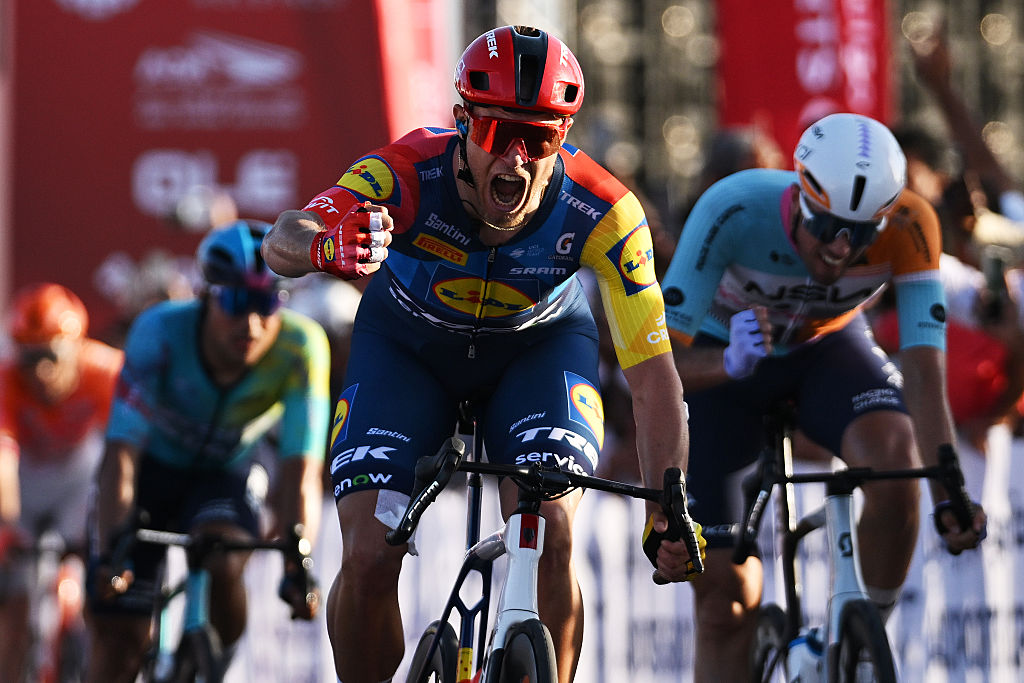Stephen Roche: "We're trying to upgrade the image of cycling"
Tour winner and CCP board member ready to implement unpopular changes
The latest race content, interviews, features, reviews and expert buying guides, direct to your inbox!
You are now subscribed
Your newsletter sign-up was successful
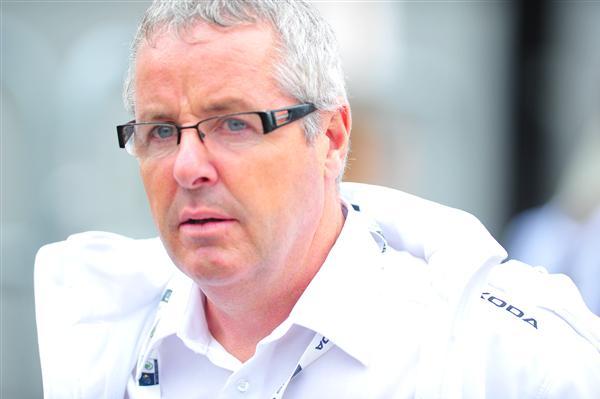
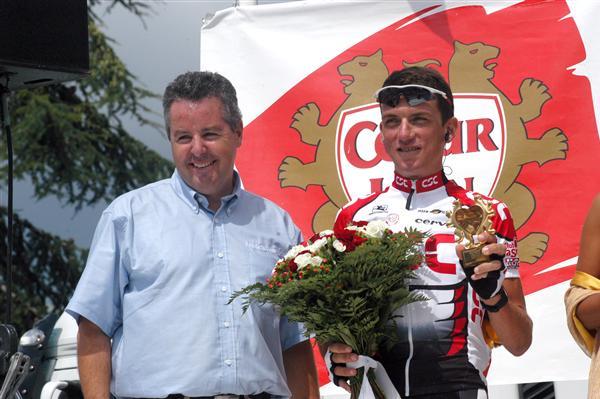
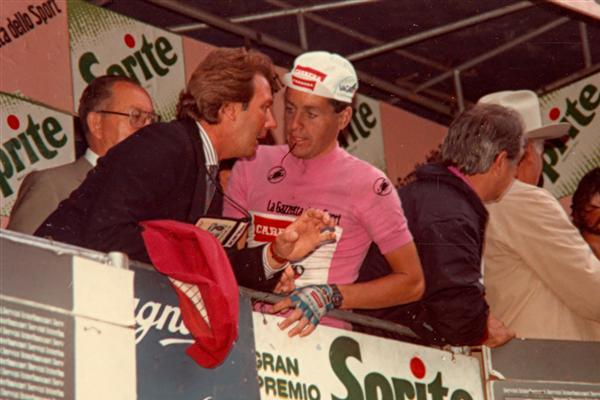
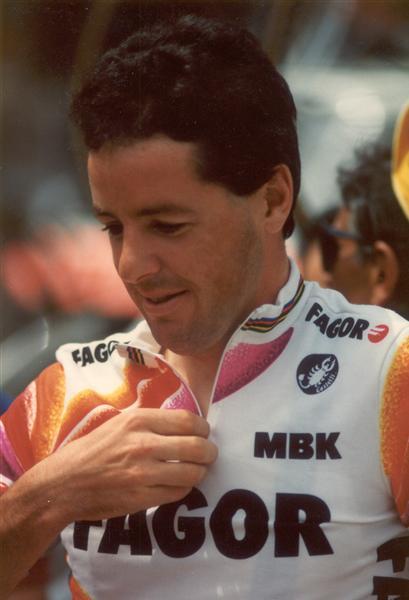
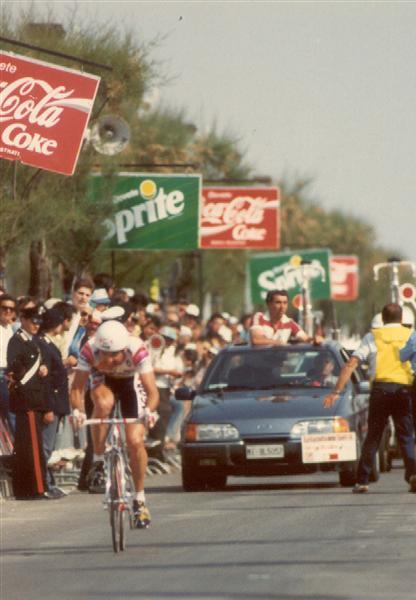
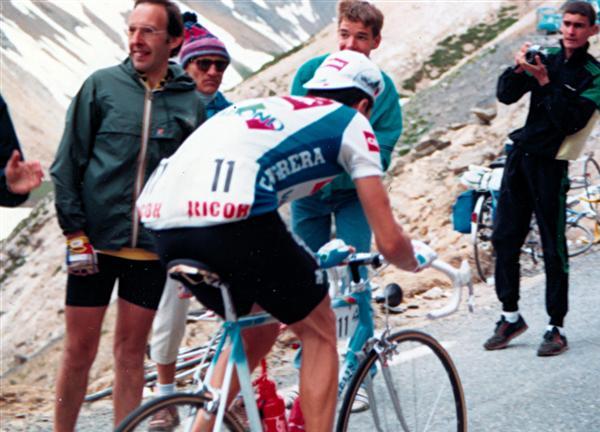
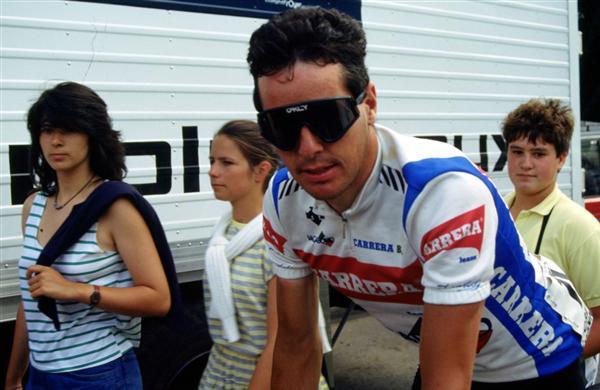
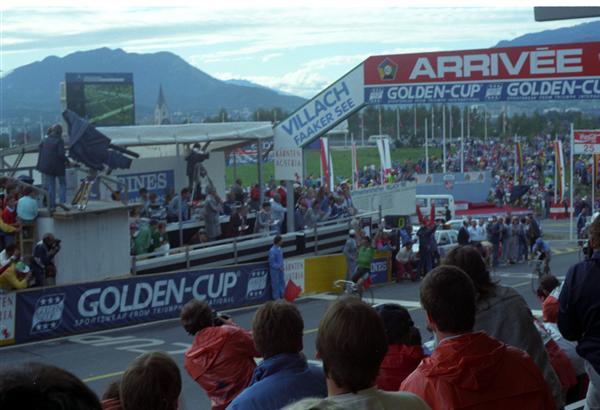

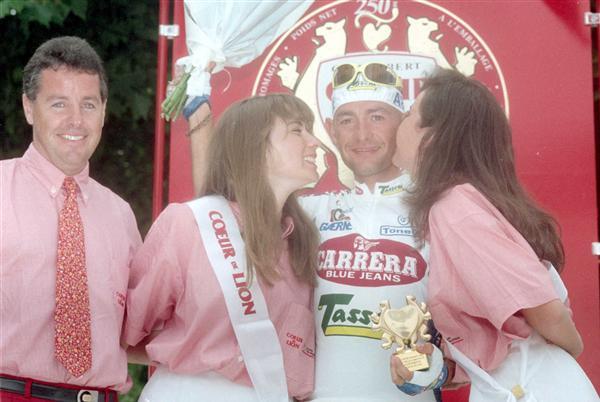
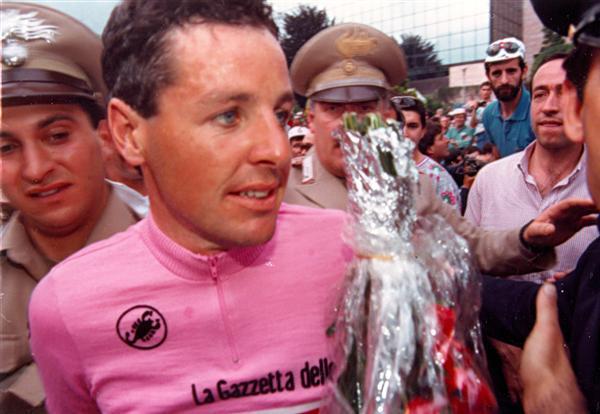
It's almost 25 years since Ireland's Stephen Roche raced to glory in the 1987 Tour de France, part of a memorable Triple Crown year that also took in the Giro d'Italia and the UCI Road World Championships. Retirement came six years later and after initially filling his time with various projects, he is now helping to shape professional cycling's future as one of several UCI backed representatives on the board of the Professional Cycling Council (CCP).
Instigating change is a difficult process according to Roche, and it's a constant battle to keep everyone - sponsors, teams, riders, fans and media - happy. But it's the riders themselves that seem to be the main focus of Roche's revolutionary ambitions.
"There were never any rules before, so there weren't any arguments," he said in an interview with BikeRadar. "Now the UCI is putting rules in place, it's upsetting people, but it's only upsetting them because they're not used to being told what to do. Every new rule will always upset someone.
"Looking back, I was totally against helmets. I was the guy back in the early '90s saying to [former UCI president] Hein Verbruggen, 'It's lovely you making these golden rules when you’re sat in your air conditioned office in Geneva'. Riders do rear up against certain rules but in 10 years time, they might understand why they were made. Punish a kid the first time and they’ll despise you for it, but at the same time it's for their own good.
"We're trying to upgrade the image of cycling," he said. "Cycling's not just about men in Lycra turning pedals, it's about the performance, public, television, newspapers, sponsors, everybody. Cyclists today believe it's only about themselves when in fact, if they haven't got sponsors, if they haven't got the public behind them, there's no reason to have guys riding bikes."
Roche's main bugbears are team cars helping riders back onto their bikes after toilet breaks or mechanical problems; riders unzipping their jerseys; and the use of team radios. All three issues are firmly on Roche's agenda for change.
"At crashes, riders fall and spend five minutes on the ground straightening up their shirt and tie and making sure everything is okay before getting back on the bike again," he says. "You should be getting back on as fast as possible and then realise your shoulder is broken. They aren’t getting back on straight away, they’re waiting because they know there's a car to tow them back on. Its not ethically right, it’s a form of cheating and it confuses the public."
The latest race content, interviews, features, reviews and expert buying guides, direct to your inbox!
The unzipped jerseys?
"You can see their Christmas present from their wives hanging round their neck, but nobody's getting any value out of it," Roche said. "If you don’t stop it now, they’ll have no jerseys on shortly. They talk about heat, about not being able to breathe. Bullshit. Footballers, every time they score a goal, pull their jersey off, but it was banned because it didn't look nice. Why do we tolerate it in cycling?"
Race radios are the other blight on the sport that Roche would like to see the back of. The guys who've always been able to rely on them, the ones who don't know any different, he says, are the ones who disagree. He craves the good old days where riders would look at their road manual and compare it to maps to look for gradients on a climb or crucial points on a stage, rather than being drip-fed the information from the sanctuary of the team bus.
"They say they need them to communicate with each other, but why? Can’t you put your hand up and call your friend over? Talk to him – you don’t need a radio to do that. I’m all for modern tech but there are certain things that should be left aside or bike riders will just become robots.
"They’ve been looked upon as zombies, no brains, for years, and all the credit for tactics has been given to the team managers in the car," he said. "I wouldn’t have liked to have had people thinking all my results and tactical skills had come from the car behind."
